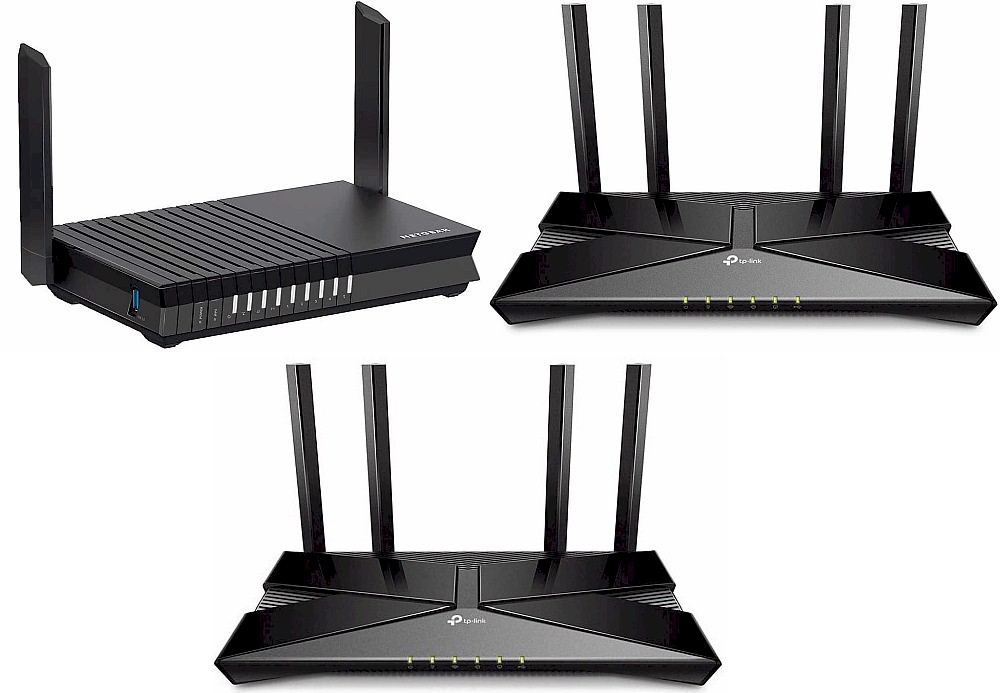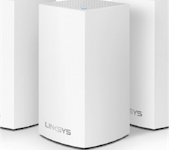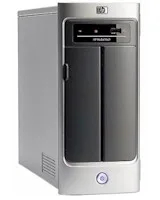Iomega today announced the next generation of its Iomega StorCenter network-attached storage (NAS) devices. All models feature the Microsoft Windows Storage Server 2003 R2 operating system, optimized for file and print services across the network and SATA-II hot-swappable hard drives.
Despite rampant attempts to squash spammers, a new report from Internet messaging company Postini says that 9 out of every 10 e-mails is junk, an amount that is reportedly triple from what it was six months ago.
A number of Taiwan-based network-equipment makers, including Gemtek Technology, Accton Technology and Zyxel Communications, are expected to begin commercial shipments, albeit in small volumes, of mobile WiMAX products in the first quarter of 2007, although many market sources indicated that a real takeoff of WiMAX applications isn’t likely to come until 2008, according to market sources.
Ruckus Wireless today announced that it is developing a wireless multimedia streaming product based on draft 802.11n technology. The company intends to demonstrate a prototype at January’s Consumer Electronics Show in Las Vegas.
Two schools in UK turn off Wi-Fi: A few scattered complaints resulted in a school in England and another in Wales turning off their Wi-Fi networks. The lack of evidence of harm appears to be no reason to not disable the networks.
SMC Networks today announced two cradles for its Wi-Fi Skype phone: the SMCDPCR WiFi phone cradle and SMCDPCR-AP cradle/access point. The SMCDPCR-AP serves as a charger/cradle and includes and an 802.11g access point. The AP has two SSID’s: one for VoIP calls and the other for regular wireless clients. It also supports WEP encryption and … Read more
Public records of the Federal Communications Commission (FCC) indicate that Intel has received clearance for its wireless component of its upcoming “Santa Rosa” platform. Scheduled for launch in Q2 of next year, Santa Rosa will include the main chipset “Crestline” and the Wi-Fi link “Kedron,” Intel’s first 802.11n capable network chip.
Networked Storage Vendor Anthology Solutions, maker of the Yellow Machine Storage Appliance appears to have ceased operations in September. Visitors to Anthology’s website are redirected to a support forum (http://yellowmachinecommunity.org/smf/).
HP’s entry into the consumer NAS market might take the prize for size. But Jim Buzbee found it has award-worthy performance and features, too.
Dell has released a 52 MB patch for its affected drivers: The company lists a wide array of adapters including Dell Wireless 1350, 1370, 1390, 1450, and 1500, and the TrueMobile 1300 and 1400 series of mini-PCI and PC Cards. That’s one huge download to replace what’s apparently not a ton of code. But it must include all the associated software that runs the system, too, as well as every patch for every device.
A federal court in Tyler, Texas has ruled that a patent owned by an agency of the Australian government is valid and covers the core technology found in current wireless devices.
In February, 2005 the Commonwealth Scientific and Industrial Research Organisation ("CSIRO") filed suit against Buffalo Technology, a Japanese manufacturer and Buffalo USA, its Austin, Texas-based subsidiary. The action alleged that Buffalo's 802.11a and 802.11g wireless devices infringe claims of United States Patent 5,487,069 ("the '069 patent"). The patent issued in September, 1996 and claims priority to an Australian filing in November, 1991.
Sprint made a flurry of announcements today saying it has upgraded its Power Vision Network to EV-DO Revision A technology in Boston, Hartford, Buffalo, Rochester and Pittsburgh.
The company said that Power Vision users in upgraded markets should experience "significantly faster average upload speeds of 300-400 kbps (compared with 50-70 kbps of current EV-DO networks)". Sprint also said average download speeds should also increase to "450–800 kbps from 400-700 kbps".



